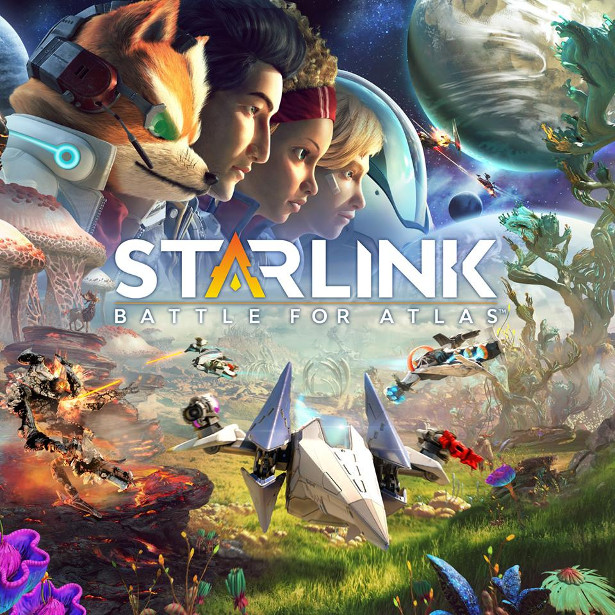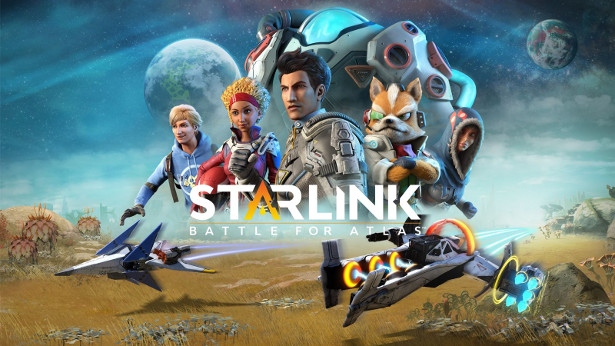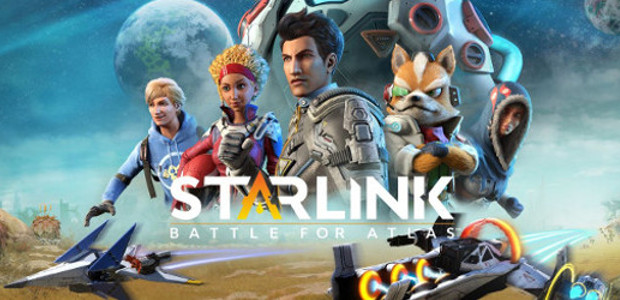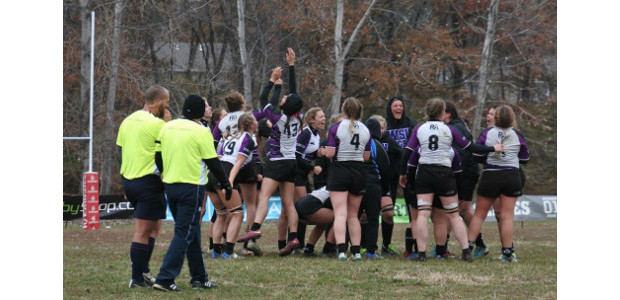Kids PLANS FOR THE FUTURE ARE OUT OF THIS WORLD
RESEARCH study COMMISSIONED FOR NEW GAME LAUNCH shows children ARE EXCITeD ABOUT THE POSSIBILITY OF space TRAVEL AND LIVING ON OTHER PLANETS
WATCH ASTRONAUT CHRIS HADFIELD COMMENT ON RESEARCH FINDINGS

LONDON, UK – October 2018 – In celebration of the launch of Starlink Battle for Atlas, Ubisoft has commissioned new cross-generational research which reveals that almost a third (29%) of centennials believe space travel is the answer to sustainability and population issues on earth.
Both adults (37%) and children (29%) agree that space travel offers a realistic solution to solve the issues of renewable energy on earth. With future gazing Brits believing we could be made to leave the planet because our world has run out of natural resources, almost half (45%) of those surveyed think that it’s probable we will one day be made to move to another planet because of overcrowding.
Generations are aligned in their ambitions to experience space travel; 88% of kids and over two thirds (71%) of adults think it will be possible for humans to live on other planets in the future. Statistics show that Centennials remain the most enthused about exploring the solar system; 57% of kids are excited by the concept of space travel.
With this in mind, it’s no surprise two fifths (42%) of adults agree that space survival skills should be taught in schools to prepare their children for life on other planets. Here are the top five skills adults think they need to survive on another planet:

Survival skills (61%)
Understanding of science (47%)
Being able to build structures (46%)
High level of physical fitness (45%)
A full understanding of agriculture (38%)
The research also reveals that British kids fancy a vacation to Venus, with two thirds (63%) agreeing that in the future humans will be able to visit other planets on holiday. Whilst over three quarters (82%) of 8-year old children predict that space travel will be part of their future holiday plans.
To accompany the research findings, Ubisoft have collaborated with Commander Chris Hadfield on a content series of films to be released throughout World Space Week ahead of the game’s launch on 16th October. When asked about his own inspiration to pursue a life in the stars, Commander Chris Hadfield commented: “Science fiction encouraged me to pursue a career in space exploration; imagination is crucial to inspire exploration and discovery. If you see someone achieving something you never thought was possible, it becomes probable and the seed of a dream is planted. So many things I’ve done have been stimulated by creative experience. If something engages you, it changes you and makes you look at the world a little differently.’ Finally, teaching children to believe in themselves is vital if they want to achieve something great in technology or space.”
Stefan McGarry, Senior PR Manager at Ubisoft, commented: “The team at Ubisoft Toronto have created Starlink: Battle for Atlas so that children and parents can embark on the ultimate adventure with modular starships in order to protect valuable natural resources against alien lifeforms. We’ve loved working on these videos with Chris Hadfield and think they offer practical advice on the possibilities of real-life space travel for aspiring dreamers. It’s also wonderful to hear how excited the next generation are about the possibilities of inhabiting another planet, and their enthusiasm around space exploration, which are all very promising signs for a future in the stars.”
Starlink: Battle for Atlas will be released next week on Tuesday, 16th October and will be available on Nintendo Switch, the PlayStation®4 computer entertainment system and Xbox One.










